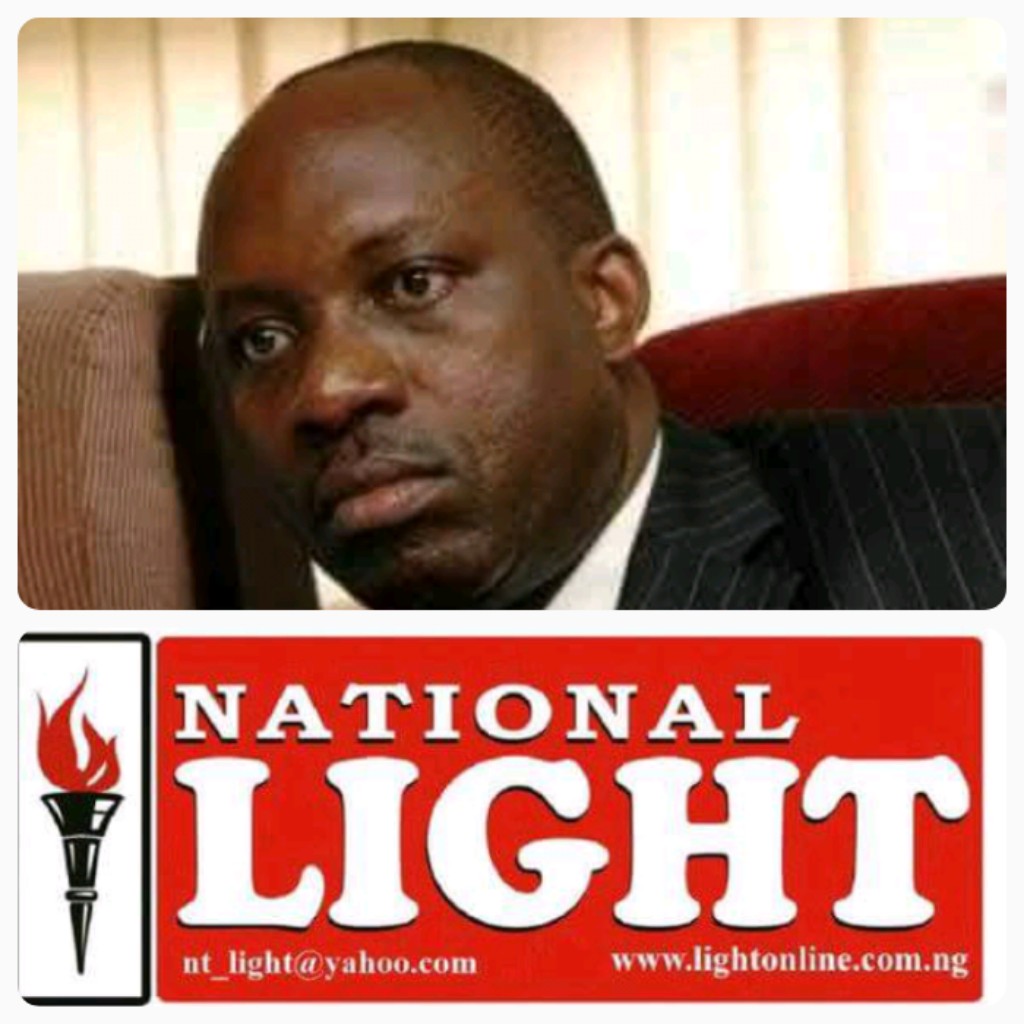In 1994, the Anambra State House of Assembly passed the Anambra State Newspapers and Printing Corporation Law, 1994. Under this law, the Anambra Newspapers and Printing Corporation (ANPC) was established. It was supposed to serve as a state-owned voice, publishing National Light newspaper, and later Ka Ọ Dị Taa (the only Igbo language newspaper around at the time), and SportsLight Xtra. For almost three decades, the ANPC gave employment to journalists, printers, ad‐hoc staff, and more. Students of journalism came to the premises, observed, learnt, trained. It was more than buildings and presses, it was a hub of culture, education, and public accountability.
When Governor Chukwuma Soludo abruptly wound down the corporation, both permanent and ad-hoc staff were thrown into uncertainty. It took the combined intervention of the Nigeria Union of Journalists (NUJ), the Nigeria Labour Congress (NLC), and several Civil Society Organisations (CSOs) before the permanent staff were eventually redeployed to other ministries within the state civil service. Sadly, the ad-hoc staff were left stranded, with no form of compensation or alternative placement.
The justifications? ANPC had allegedly become “moribund”, “economically unviable” and “no longer fit for purpose.” The governor claimed the newspaper was “no longer adding value.”
Those are business terms. But for many in Anambra, the closure was a gut-punch: it was silence forced on a state voice, heritage being demolished. Today, the once-proud premises of the National Light sit largely vacant; many structures have been allowed to decay, some demolished, as rumours fly that the land would be used for amusement or leisure park. However, the state government have gone ahead to build a leisure park named Solution Fun City along the Enugu-Onitsha Expressway.
Consider the family of a reporter who has spent 20 years writing for National Light. Her days were filled with deadlines, the smell of ink, the thrill of breaking regional stories. When the closure came, there was no handshake, no “thank you for service”, redeployment of permanent staff only came after the governor was pressured. Some staff were sent to ministries where their journalism skills sit unused; many ad-hoc workers lost income entirely. For them, the closure isn’t just policy—it is loss of dignity, of routine, of identity.
Then there are the journalism students in Awka, Oko, and Igbariam where once, students could go to National Light for attachments, internships or “spot‐on training” now there is nowhere local to visit. The nearest major newspaper printing houses are in Lagos, many hours away, expensive to reach. These students lose hands-on exposure, mentorship, and the chance to see journalism in its full form. The field risks becoming more academic and less skilled.
Even more troubling is the manner in which the ANPC was shut. The ANPC was established by a law passed in 1994. But the winding down happened first; only afterwards did the state House of Assembly move to repeal that same law (the “ANPC Law 1994”) via a Repeal Bill in late 2023. Thus, the law that grounded its existence was ignored in execution.
Should a governor with an academic pedigree not understand the implications? Should not a state known for its love of education and tradition uphold due process? Principles such as transparency, fairness, respect for statutes, and consideration for the welfare of civil servants are meant to be non-negotiable in governance. But here, they were brushed aside.
What Anambra State has lost
Voice & Heritage: Ka Ọ Dị Taa was not just a newspaper, it was a cultural instrument preserving Igbo language and identity. Its closure is a cultural loss.
A state-owned newspaper helps in holding government to account. Without it, fewer platforms exist for local scrutiny.
Hundreds of permanent and ad-hoc staff lost not just pay, but purpose. Some redeployed, some abandoned.
Journalism students had their “laboratories” taken away from under them. Future practitioners lose contact with tradition, mentoring, real-world practice.
If ANPC was economically unviable as Governor Soludo claimed, were there efforts to reform, modernise, restructure, rather than shut down? What happened to the premises, machines, and physical assets? Why has the state allowed them to lie waste or be demolished if that is indeed happening? What compensation, if any, was given to the ad-hoc staff who were never regularised nor redeployed?
Was there a transparent severance process? Was the public consulted, or even informed in advance? Did the government publish studies showing that closure was the only viable option?
Professor Soludo may be respected for his economic acumen and visionary rhetoric but leadership is also measured in how one treats institutions and people that built a community’s voice. Let us not reduce history to headlines of closure. Let us not allow law and order, respect and tradition be collateral damage in economic calculations.
Redeploying permanently employed staff is one thing. But abandoning workers, letting buildings decay, silencing local voices—those are wounds to Anambra’s soul.
If there is vision in converting the premises to a leisure park or any other state institution, fine. But do so transparently. Pay what is owed.
Preserve what is precious. Honour the law before the repeal. Open dialogues with stakeholders. And restore platforms for students to learn, journalists to work, and citizens to read in their own language.
The shutting down of ANPC does more than kill an institution. It kills trust, erodes heritage, the heritage of being the longest thriving state-owned newspaper in the entire country and betrays the hope many had in governance anchored by law and respect. Anambra deserves more than institutions being discarded. It deserves leadership that cherishes voice, invests in legacy, respects workers, and honours the law—not just in name but in practice.
The question is no longer “Why National Light was wound up?” but “What will be left standing to remember its absence?” And will that absence define the legacy of this administration?
Ejike Agbata writes from Nri,
Anaocha LGA,
Anambra State

 NEWS2 years ago
NEWS2 years ago
 MUSIC4 years ago
MUSIC4 years ago
 MUSIC4 years ago
MUSIC4 years ago
 MUSIC2 years ago
MUSIC2 years ago




















